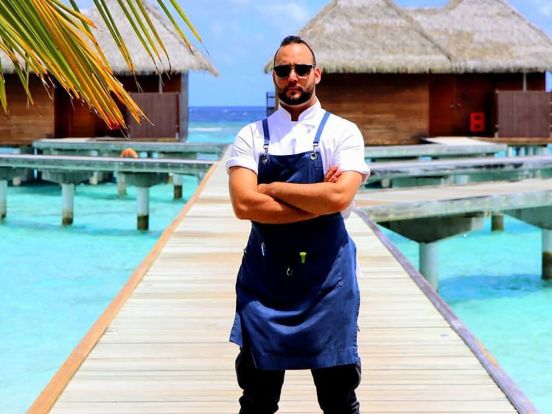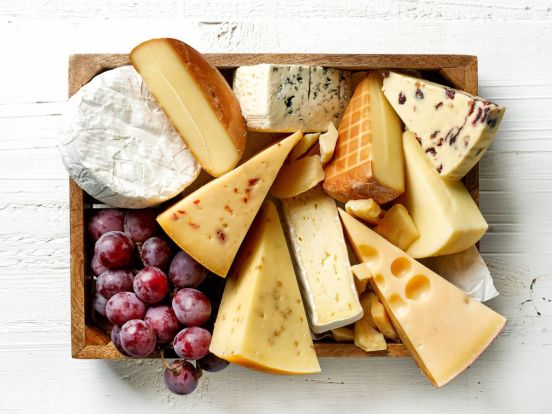New Zealand does not have a great history of distilling. Certainly, there have been distilleries here, but the number of Kiwi spirit brands you could name can be counted on the fingers of a clumsy lumberjack’s hand.
For a country with a wealth of good raw materials, that is a shocking gap. New Zealand is leading the craft beer charge; its wines are rightly world famous and its ciders are finding favour with consumers overseas. But, with a few honourable exceptions, distilling has been notable by its absence.
The success of 42 Below hasn’t hurt, of course. The vodka brand, which famously started in a Wellington garage, was eventually sold to Bacardi for almost $140 million and it is still a strong performer both locally and internationally.
And that success inspired others: Broken Shed Vodka emerged from Wanaka and Stolen Rum began operations in Auckland. Both have made rapid progress in bars and clubs in New Zealand, as well as winning fans overseas.
The next cab off the rank looks like it could come from a little further than Auckland, from the pretty little blink-and-you’ll-miss-it settlement of Waiwera.
There’s a Russian revolution happening there. It’s a bit quieter than the last one and the results are a lot more palatable.
It’s not all Russians, obviously. There is a Ukrainian as well, which probably makes after-work drinks a little more interesting, given the situation in Crimea, but they all seem happy to work together towards their common goal.
And that common goal is pretty modest – world domination.
Before you dismiss such a lofty goal as merely the ravings of an over-enthusiastic marketing executive, it has to be said that they’ve made a good start. Waiwera Organic Winery’s (so-called at least in part for the initials – WOW) vodkas are already being sold in the toughest market in the world: Russia.
It helps, of course, that they have that Russian connection. It also helps that they have Russian businessman Mikhail Khimich on board. The billionaire has plenty of pull in his native land and a fair bit here, too: he owns Waiwera Water (which is also on sale in Moscow), the Waiwera Thermal Resort and he’s connected to Team New Zealand as well.
In person, he is graciousness personified and not at all how you would imagine a billionaire to be. He’s affable, friendly and forthcoming and he clearly has great plans for the brand.
“Of course we want to be successful. It is excellent vodka.”
On the ground at the distillery, it’s Ukrainian nuclear engineer Alex Kirichuk who does most of the talking. Again, he’s an affable host, generous with his pours, but a little less forthcoming when you ask about the ingredients in the infusions.
“My wife is a doctor and we lived near Chernobyl,” he says.
“She would make tinctures – medicinal infusions to mix with wine or vodka and we use the same process here.”
The vodkas – and the gin, brandy, rum, fortified wine and upcoming whisky – are made in specially designed, computer-controlled stills that Alex designed himself.
“This is our most secret place,” he grins as we enter the distillery.
“We have 60,000 litres of wine here, but not to drink. It is to take out the alcohol and make spirits. Some of our vodka and gin is made from wine; from New Zealand wine. Six bottles of wine will provide one bottle of vodka.”
The company also uses Moscovado sugar to distill rum and some of the vodkas, while oak barrels provide plenty of resting space for the spirits that come from the still.
“And we only use the hearts,” Alex says, referring to the best cut of the spirit. In traditional distilling, spirit is divided into heads, hearts and tails and the heads and tails tend to be re-distilled, but not here.
“There is too much that is bad in the heads and tails, we only take the best part of the spirit. The rest, we put down the drain. We have the cleanest drains in Auckland.”
The distillery is small, but perfectly formed. The smaller size means that they can do small, bespoke runs for individuals and bars and a vodka they made in association with Lloyd Brown, the company’s business development manager, has already won a gold medal at the San Francisco Spirit Competition.
So what are the spirits like? Well, first of all the packaging is outstanding. Specially made bottle, glass stoppers and stylish labelling mean these will look fantastic behind the bar. The real test, of course, is the taste. No use having flash packaging if the product doesn’t measure up, is there?
So I sat down to try a few. Well, you have to, don’t you? I wouldn’t be doing my job if I didn’t try a few of them, after all.
First up, I tried the straight vodka and it’s gorgeous. Oily, rich and slightly citric, it’s a lovely drink on its own, but would work really well in vodka martinis, as well.
The infused vodkas were next and the Limoretto citrus vodka was a real eye-opener. It has a hint of that limoncello sweet lemon flavour, but it never becomes overpowering or cloying. It’s a little spicy on the palate too, which balances the lemon flavours and the trademark richness on the mouthfeel makes it a bit of a blockbuster.
The Peppercello, by contrast, is all about spice, with a nice whack of chilli on the finish, but it never gets to the stage where your eyes start sweating, thankfully.
The Ginessa is a real standout – it’s a kind of hybrid vodka/gin, basically a vodka flavoured with juniper and it would be perfect in a martini.
Similarly, the Gingerella (ginger-flavoured, obviously) managed to get the flavour in without ever becoming overpowering.
The Caravella manages to show caraway flavours and spicy spirit without ever descending to the level of Akavit or Kummel.
By now, I was feeling the strain a little (I had tried a 96-percent new spirit from the still earlier, just to make life more interesting), so I moved onto the other spirits. The Mahurangi Gin is seriously impressive stuff, with a lovely botanical level, good weight and that great oily mouthfeel. It’s not cheap, but it’s damn good gin.
The brandy is smooth and manages to pack in a lot of flavours that you might not necessarily expect. There is plenty of rich fruit and spice in there, but the best part for me was the lovely waxiness it had.
The rums are similarly smooth, smart and sexy and it’s hard to fault any of the spirits being made by Waiwera. And to cap it off their fortified wine is magnificent.
All in all, it’s a smart operation and one that is clearly going to make an impression on the local market, as well as the Russian one. Perhaps it’s the WOW-factor.








